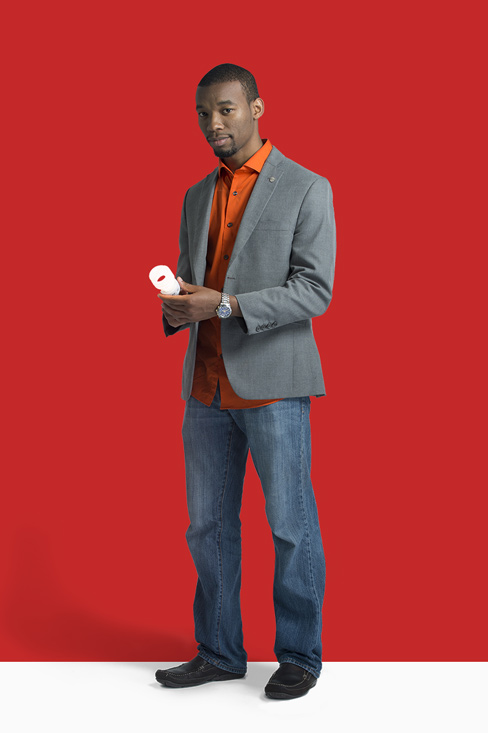As the largest university in Boston and the fourth-largest private educational institution in the country, we know we have a big presence. But we’ve worked diligently to shrink our footprint and lighten the load, from sustainable dining practices to energy-efficient light bulbs (more than 8,000 of them!) to our switch to cleaner-burning fuels. Our ongoing green efforts were recognized with the Mayor’s Carbon Cup, a mark of distinction in Boston’s rigorous effort to reduce fossil fuel emissions. So far, we have reduced our carbon footprint by 25% since 2006, all while the size of BU facilities grew by 14%. Additionally, we’ve committed to reducing emissions by 35% on a total of five million square feet of building space by 2020 (one million down, four million to go). On the academic side, we’re equally engaged in remedying pressing environmental issues, offering more than 480 courses related to sustainability, and 69 faculty members conducting related research across 24 departments.
Saving
Energy
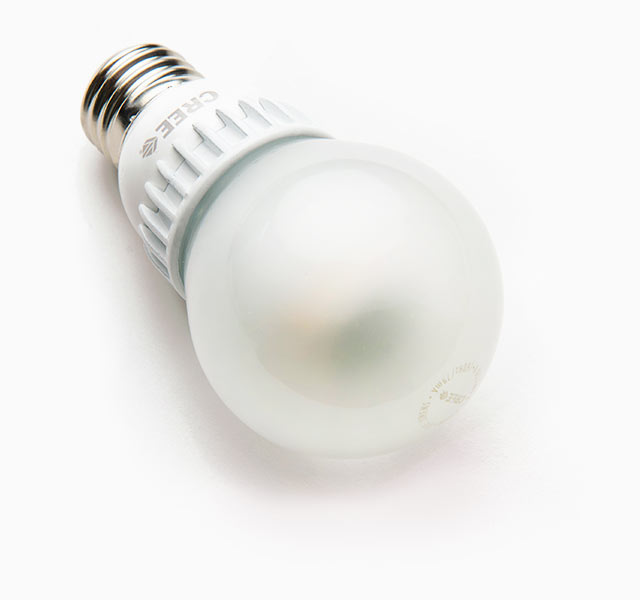
8,000 lights replaced with LEDs
equating to more than 2.4M kWh of savings annually
Reduction
Converting to a
cleaner-burning fuel
We’ve reduced our energy use from burning oil
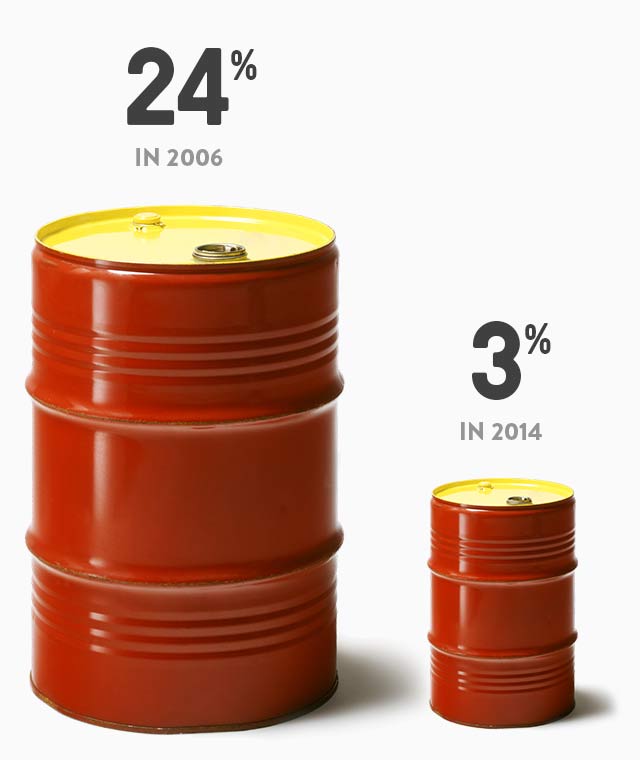
2006
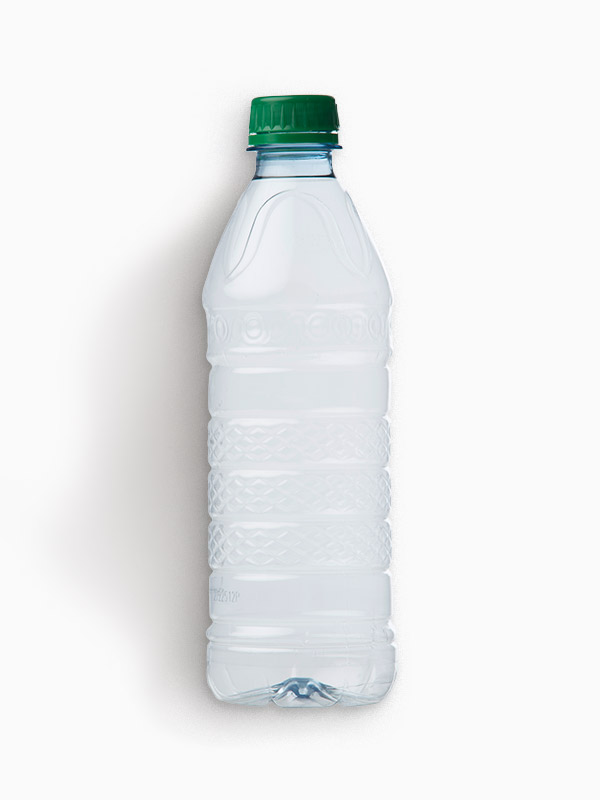
About 108,000 bottles per graduating class are recycled into commencement robes
23 Bottles make one graduation gown
You'll look great in plastic
Each graduation gown is made from 100% post-consumer plastic bottles. There is a 54% reduction in CO2 emissions to produce these gowns vs. virgin polyester. We even set up bins to allow students to recycle their used gown.

Dining Services
last year
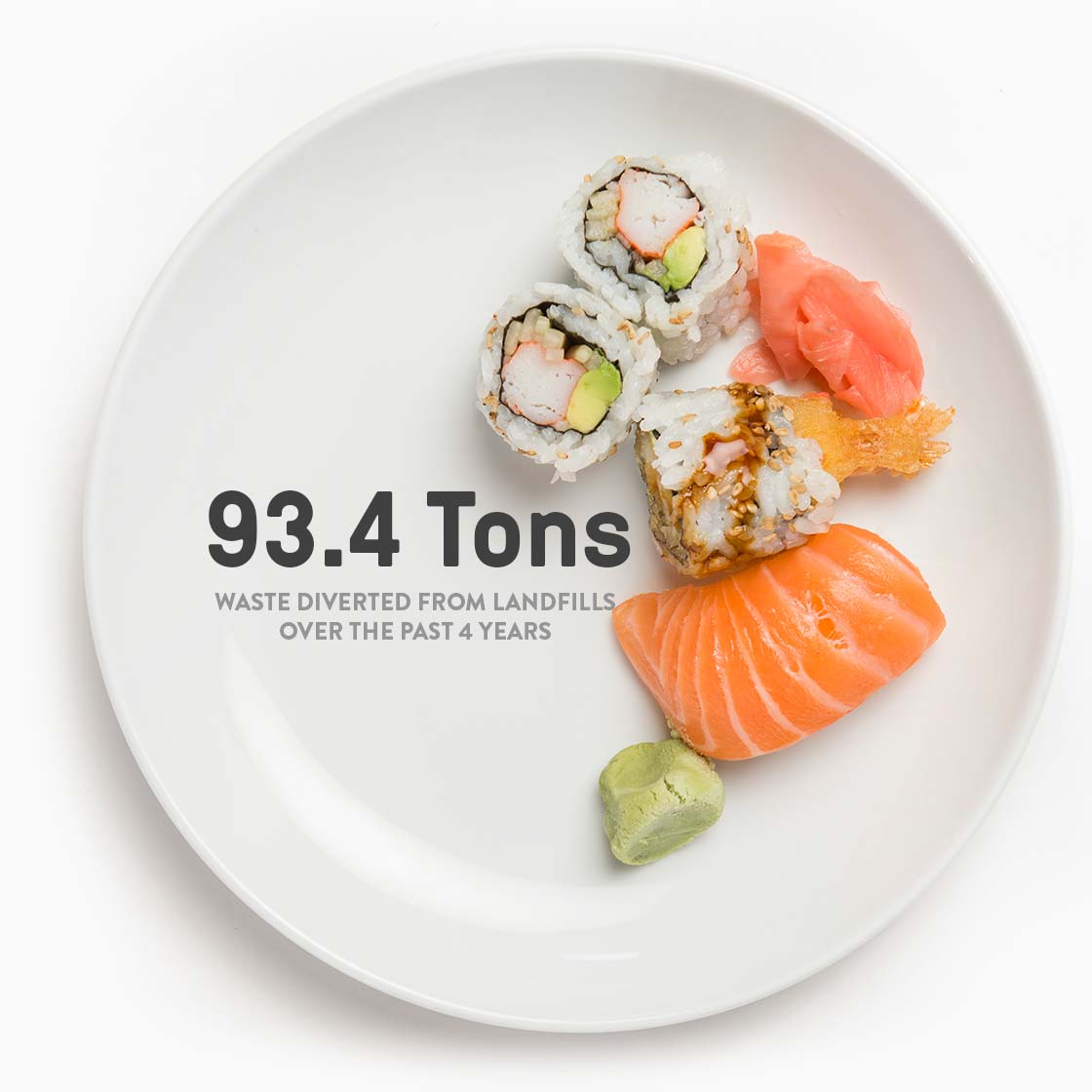
We’ve reduced waste by 12% since 2006
According to the Green Restaurant Association, Marciano Commons is the most sustainable dining spot at any university in the country, and the George Sherman Union is the only Certified Green food court in the country.
Dexter Mccoy (COM’14)
Before arriving on campus, Dexter McCoy (COM’14) didn’t pay much mind to recycling or turning off the TV or how much paper he used to print out his homework. “But I really evolved during my time at BU.” So much so that as student government president, he made sustainability a cornerstone of his agenda. He worked with BU’s Sustainability Office to spread the word about energy consumption and merge student efforts with University-wide initiatives. He also issued an “environmental challenge” to his fellow Terriers, calling out all the residence halls on campus to look at ways to reduce energy consumption and waste. Tracking progress through BU’s energy use intensity, he saw a notable decrease. “Just by unplugging phone chargers when not in use, and turning off TVs and lights, we were able to reduce our carbon footprint significantly in just one month.”
